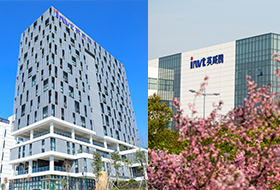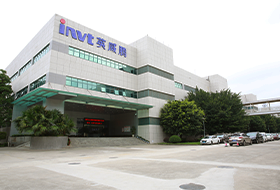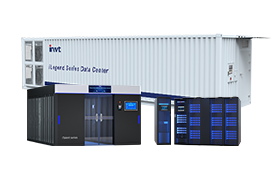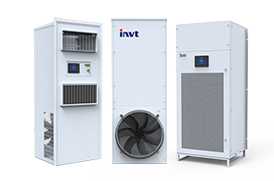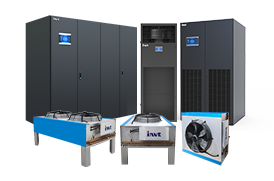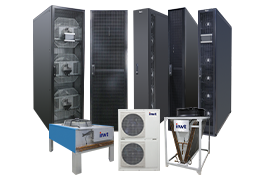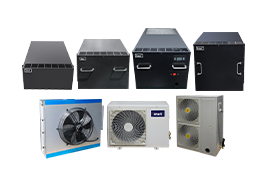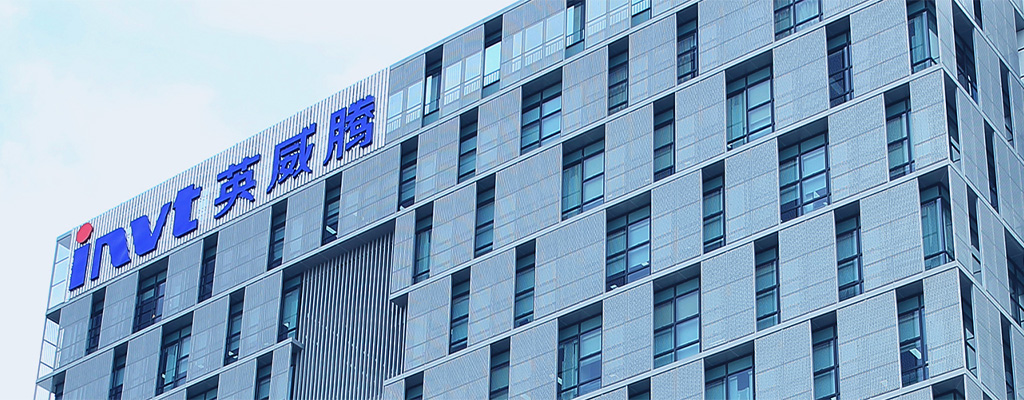How can data center HVAC systems save energy and reduce consumption?
With the full launch of the national “Eastern Digital and Western Data” project, data center construction has also ushered in rapid development. Continuously optimizing the energy efficiency of data centers is crucial to building data centers. Relevant studies show that 1/3 of data center energy consumption comes from HVAC systems, second only to IT equipment energy consumption. In the early stages of formal operation of the data center, when the cabinet load rate is not high, the energy consumption of the air-conditioning system is particularly prominent. Therefore, research on energy-saving measures for the HVAC system can not only reduce its own energy consumption and improve the operating efficiency of the data center air-conditioning system, but also Effectively reducing the PUE value of the data center and ensuring the safe and reliable operation of the data center is very important for research on data center energy conservation.
Ⅰ Analysis of factors affecting energy consumption of data center HVAC systems
From the perspective of the entire life cycle of data center project construction, the factors that affect the energy consumption of the HVAC system mainly include the following five aspects.
1. Demand and construction goals In the decision-making stage of data center project construction, the user's overall investment scale and PUE target determine the overall energy consumption of the data center including the HVAC system.
2. The design and selection of HVAC systems are based on user needs, investment scale, construction goals and usage requirements. The design unit adopts reasonable HVAC system forms for energy-saving design through calculation and analysis.
3. HVAC equipment with different energy efficiency levels. The energy consumption of HVAC equipment includes the energy consumption generated by the operation of refrigeration units, cooling towers, water pumps and other equipment.
4. Energy consumption lost in the heat exchange and transfer process. For example, if the isolation port of the data center system or the blind panel of the cabinet is not perfect, it will cause heat exchange between the closed cold aisle or hot aisle and the outside air environment, resulting in energy loss in the HVAC system.
5. Efficient operation and maintenance management to reduce energy consumption. The data center performs efficient operation and maintenance management of the HVAC system during actual operation to reduce energy consumption.
Ⅱ Discussion on energy-saving measures for HVAC systems in data centers
Although many users try to reduce the energy consumption of data centers by increasing the use of natural cooling sources, they can only reduce a small part at present. If on this basis, where should the data center go to “maximize energy conservation”?
1. Clarify energy-saving goals. Affected by the process of industrialization and urbanization, my country's economy is still in a medium-to-high-speed development stage, and its dependence on energy consumption remains high. In the decision-making stage of data center project construction, PUE targets can be scientifically formulated based on the project investment scale and relevant documents and policies issued by relevant government departments to avoid waste.
2. Reasonably select energy-saving solutions and technologies for HVAC systems
1) Reasonable selection of cold source equipment. The cold source system of the data center is the heart of the HVAC system. The energy consumption of cold source equipment also accounts for the largest proportion of the energy consumption of the HVAC system. It must be based on the climate conditions of the project location, project scale, and investment budget. and energy utilization conditions and other factors are fully demonstrated and determined.
2) Reduce the specific friction of the water system. Taking into account the pipe diameter, installation space, and minimum flushing flow rate, try to reduce the specific friction of the water system, reduce the water pressure drop of the entire water system, reduce the head of the water pump, and then reduce the operation of the water pump. power.
3) Waste heat recovery collects a large amount of waste heat generated by the operation of servers in the data center. If conditions permit, the recovered waste heat can be used to increase the temperature through the heat pump unit as a supplement to the heating of the building to achieve clean heating and reduce the outdoor carbon emissions of the central air-conditioning system. and energy consumption.
4) Waste heat recovery increases the return air temperature. After closing the cold aisle, the air conditioning return air temperature can be increased to 30-32°C, reducing the energy consumption of the air conditioning system.
5) Low heat exchange times and improved heat exchange efficiency. Although the ice storage system can reduce operating costs, it does not save electricity. It only takes advantage of the electricity price peak and valley policy to stagger the peak energy consumption for refrigeration.
6) The HVAC system realizes intelligent operation and maintenance management. Among the total energy loss of the HVAC system, a large part of the energy consumption is caused by operational problems of the operation and maintenance managers. The level of operation and maintenance management personnel is uneven, resulting in the inability to effectively control system energy consumption.
Ⅲ Conclusion
The operation of the data center HVAC system should effectively match the IT load. It is necessary to ensure that the IT system can operate normally, continuously and stably, and to ensure that excessive cooling redundancy is not generated to improve the energy-saving efficiency of the HVAC system. The data center HVAC system has a lot of potential for energy saving and consumption reduction during the construction and operation process. Through in-depth analysis through scientific means, rational optimization of design, strengthening the transformation and application of technological achievements, and realizing intelligent operation and maintenance management, energy saving can be effectively achieved. Reduce consumption, lower the PUE value of the data center, and build a new efficient, safe, reliable and green data center to help achieve carbon peak and carbon neutrality goals.

 networkpowersales@invt.com.cn
networkpowersales@invt.com.cn
